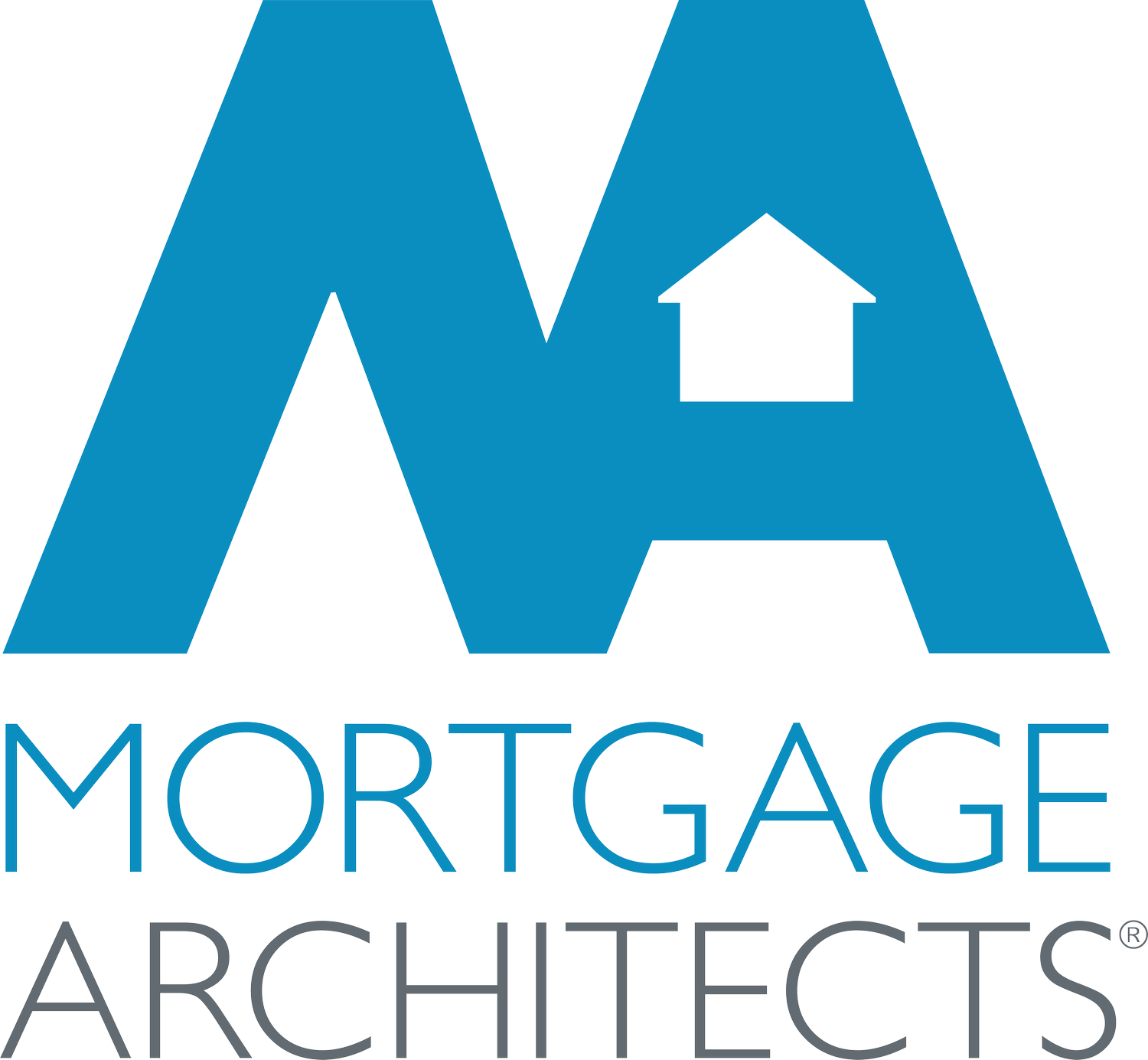Mortgage FAQ
Why should I use a mortgage broker?
Having the right mortgage product for your needs is critical to your long-term savings. When choosing a mortgage you want to consider interest rate, payment privileges, payment penalties, long term savings and more. A professional mortgage broker works for you, and is not limited to mortgage products from one source; like the bank. With multiple mortgage products from 50+ lenders, including major banks and credit unions, my focus is on finding the best mortgage solution for you.
While there are many reasons to use a mortgage broker, the most important one is having peace of mind knowing our service doesn’t end after your deal is closed. You will have access to trusted advice before, during and after your mortgage term.
Does it cost more to use a mortgage broker?
No!
A mortgage broker is paid by the financial institution that funds your mortgage. There is no additional cost, but there are definitely additional benefits.
Should I get pre-approved for a mortgage?
Yes!
Once you have decided to invest in your own home, the first step is to find out how much you can borrow. Knowing your price range will let you start your real estate search quickly and efficiently. Being pre-approved may also give you an advantage over other home buyers, as it means one less condition on your sale. Pre-approval allows to you calculate both your down payment and monthly payments in advance, key factors in planning your financial future. Lastly, pre-approval allows you to lock-in your mortgage rate, protecting your from increases in interest rates while you are house shopping.
What’s the difference between fixed, variable and adjustable rates?
Fixed rate mortgages: A fixed rate is a predetermined, guaranteed interest rate that does not change throughout the term of the mortgage, therefore your payment will remain the same.
Variable rate mortgages (VRM): A variable interest rate mortgage will change when your lender’s prime lending rate changes. While your mortgage payment may not change, how your payment is allocated will change. If rates go down, more of your payment will go towards the loan principal so you’ll pay off the mortgage faster. If rates go up, more of your payment will go towards interest costs, which means it may take longer to pay off your mortgage.
Adjustable rate mortgages (ARM): With an adjustable rate mortgage, similar to a variable rate, your mortgage rate is floating; however, unlike a variable rate, your mortgage payment will change when the interest rate changes.
What’s the difference between open and closed mortgages?
An open mortgage: A mortgage loan in which a borrower is allowed to prepay a portion of their mortgage or the entire amount at any time without penalty.
A closed mortgage: A mortgage which cannot be fully paid out before expiry of its term without penalty.

Your real estate goals are within reach.
Let’s achieve them together by securing a mortgage that is right for you.
Let’s Take The Next Step
With multiple mortgage products from 50+ lenders, including major banks and credit unions, my focus is on finding the best mortgage solution for you.
